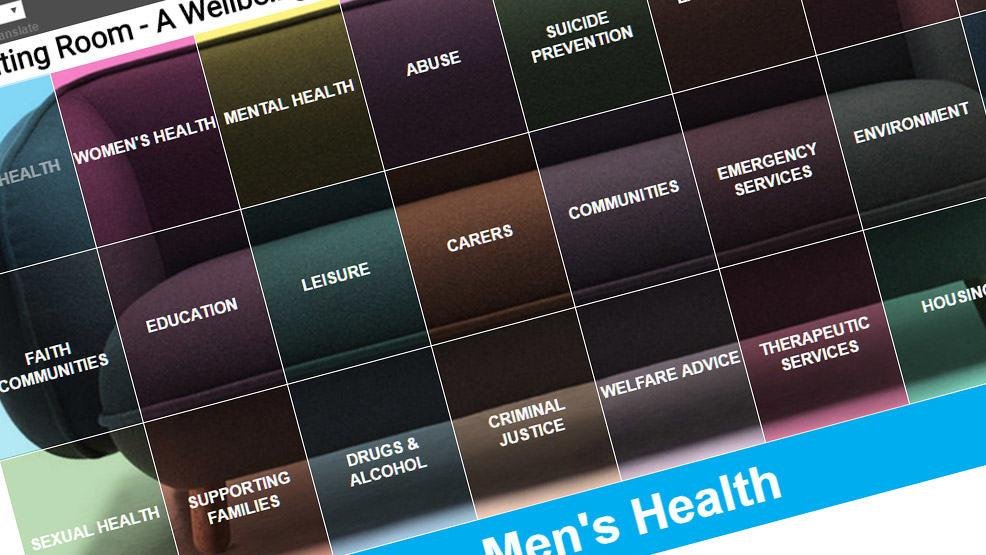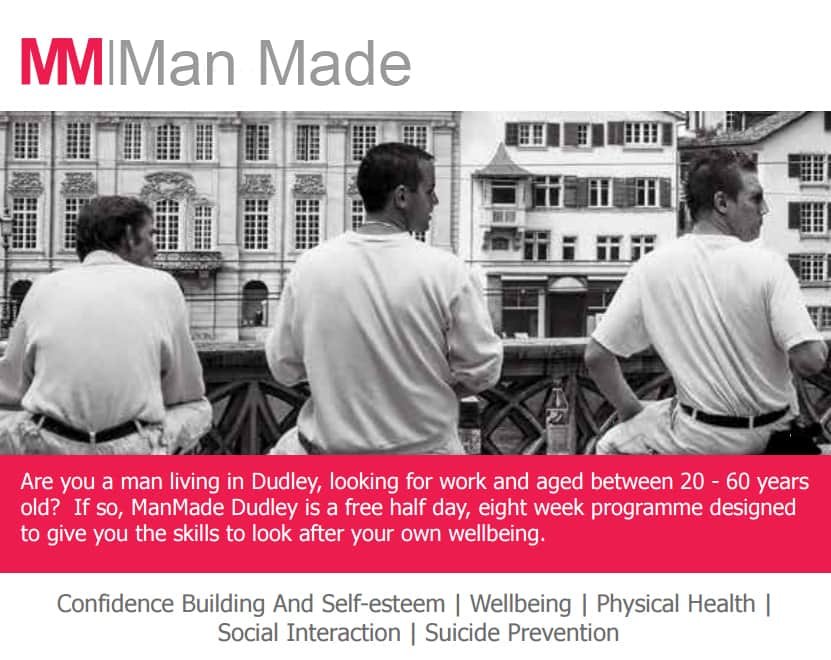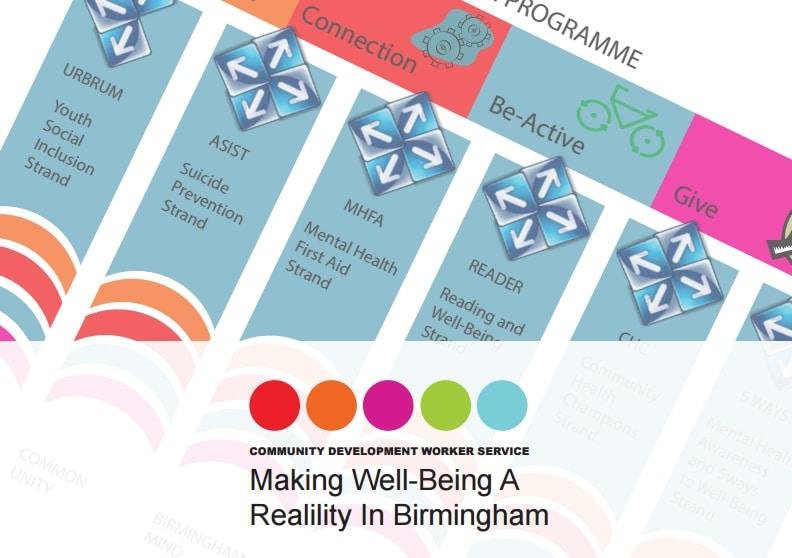TALK, SPEAK, YELL
“I cannot say whether things will get better if we change; what I can say is they must change if they are to get better.” G. C. Lichtenberg
In Britain each year, over 6000 people kill themselves; that’s 4000 more deaths per year
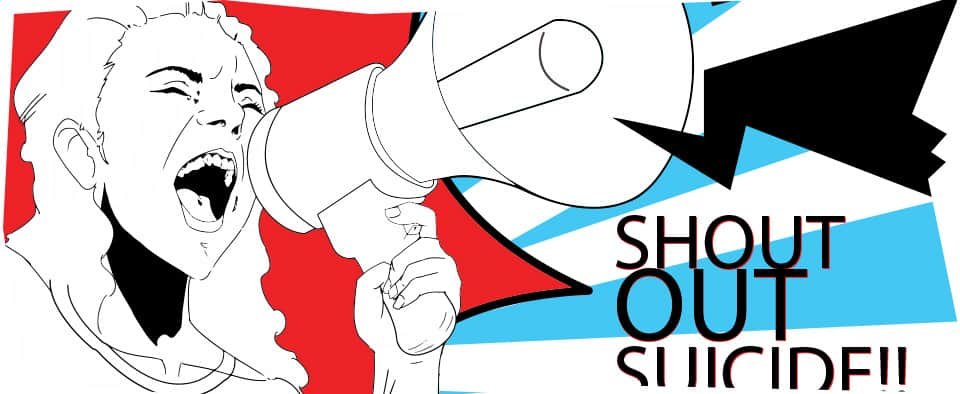
Than occur on all our roads – but unlike road safety awareness, suicide prevention is a subject that professionals nor our communities are willing to openly talk about. It’s time to tackle this problem head on. It’s time to act. It’s time to Shout Out Suicide
safeTALK is a half-day course that offers practical steps to help someone with thoughts of suicide and helps you both to connect with more specialised support.
ASIST (Applied Suicide Intervention Skills Training) is a two day, skills building workshop that provides suicide first aid interventions. Be you a Professional, a volunteer, an informal helper, a carer or community member, ASIST helps you become ready, willing, and able to directly support someone who is having thoughts of suicide and increase their suicide safety.
These interventions look to prevent suicidal thought leading to suicidal behaviour and are underpinned by the idea that many people who are thinking about suicide will find some way to signal their intent.
“The time is always right to do what is right.” Martin Luther King, Jr.
Suicide is the most common cause of death for men under 35 and each year between

600 and 800 people aged 15-24 take their own lives – That’s the same as the number of people in a small secondary school. Young people must be heard. Are you listening? It’s time to tackle this problem head on. It’s time to act. It’s time to Strike Out Suicide
safeTALK is a half-day course that offers practical steps to help someone with thoughts of suicide and helps you both to connect with more specialised support.
ASIST (Applied Suicide Intervention Skills Training) is a two day, skills building workshop that provides suicide first aid interventions. Be you a Professional, a volunteer, an informal helper, a carer or community member, ASIST helps you become ready, willing, and able to directly support someone who is having thoughts of suicide and increase their suicide safety.
These interventions look to prevent suicidal thought leading to suicidal behaviour and are underpinned by the idea that many people who are thinking about suicide will find some way to signal their intent.
“A human being is not what you are but who you can become.” Brian Good
Suicide rates are increasing across the UK with 3 of 4 suicides being by men;
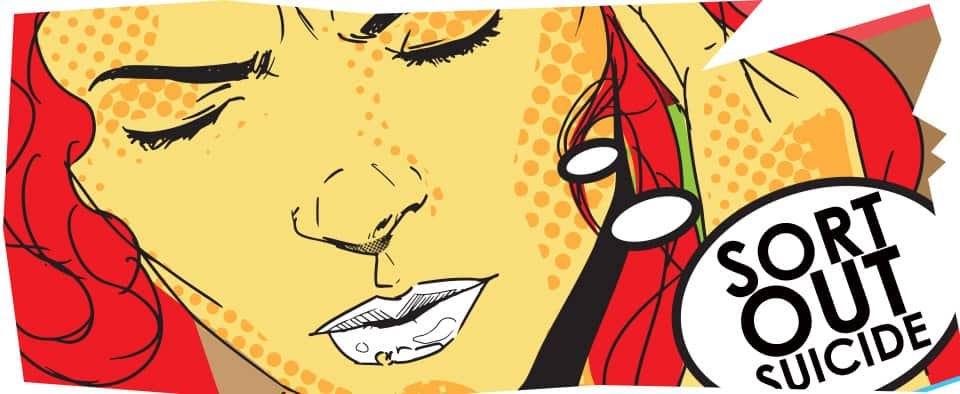
that’s over 4500 men a year, the same number as people who die from Leukaemia each year in the UK – That’s 12 men taking their own lives each day in the UK. It’s time to tackle this problem head on. It’s time to Sort Out Suicide
safeTALK is a half-day course that offers practical steps to help someone with thoughts of suicide and helps you both to connect with more specialised support.
ASIST (Applied Suicide Intervention Skills Training) is a two day, skills building workshop that provides suicide first aid interventions. Be you a Professional, a volunteer, an informal helper, a carer or community member, ASIST helps you become ready, willing, and able to directly support someone who is having thoughts of suicide and increase their suicide safety.
These interventions look to prevent suicidal thought leading to suicidal behaviour and are underpinned by the idea that many people who are thinking about suicide will find some way to signal their intent.
You’re braver than you believe, and stronger than you seem, and smarter than you think. A.A. Milne
It’s tragic that in times of recession more people take their own lives.
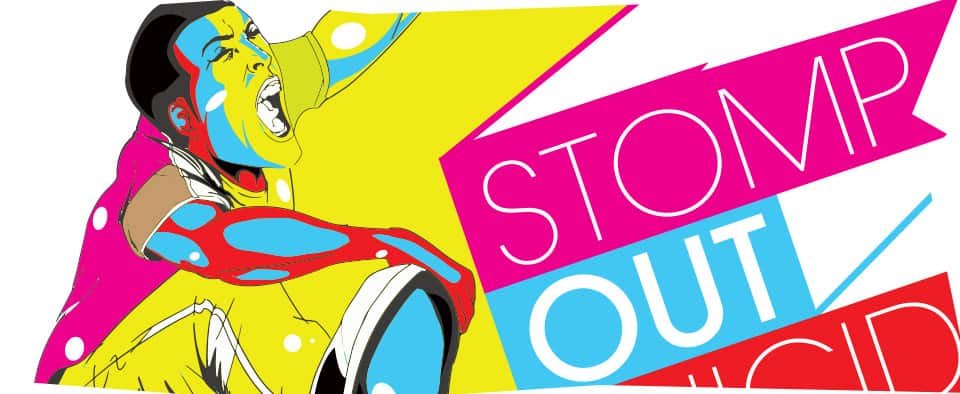
In the UK, in 2011 there were over 6,000 suicides in people aged 15 and over – that’s an increase of nearly 10% compared with the year before. It’s time to tackle this problem head on. It’s time to act. It’s time to Stomp Out Suicide
safeTALK is a half-day course that offers practical steps to help someone with thoughts of suicide and helps you both to connect with more specialised support.
ASIST (Applied Suicide Intervention Skills Training) is a two day, skills building workshop that provides suicide first aid interventions. Be you a Professional, a volunteer, an informal helper, a carer or community member, ASIST helps you become ready, willing, and able to directly support someone who is having thoughts of suicide and increase their suicide safety.
These interventions look to prevent suicidal thought leading to suicidal behaviour and are underpinned by the idea that many people who are thinking about suicide will find some way to signal their intent.
“sometimes good things fall apart so better things can fall together.” Marilyn Monroe










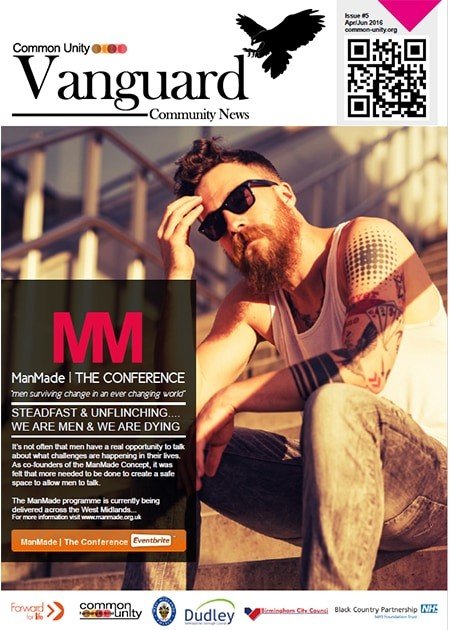

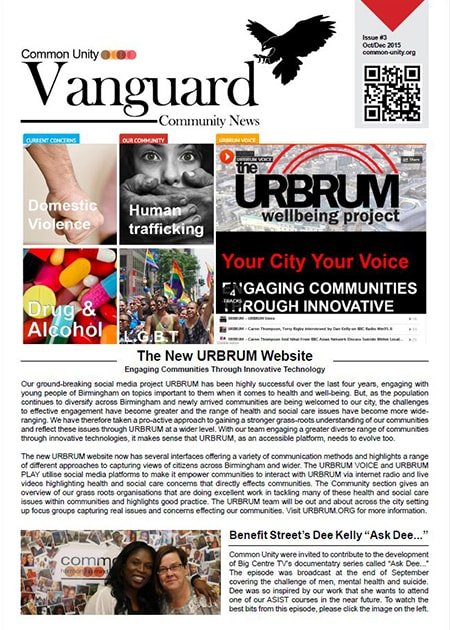





 Subscribe for the latest from Common Unity
Subscribe for the latest from Common Unity